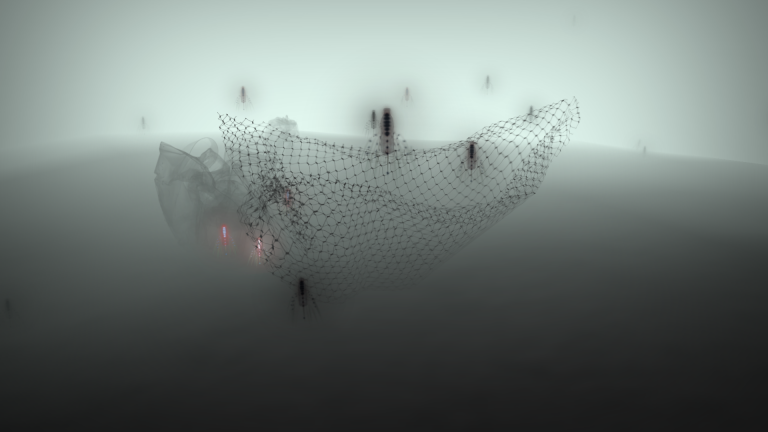How can we establish lasting relations between organisations that are working to sustain the commons? That is the question driving the Chamber of Commons’ contribution to the 2019 Border Sessions festival.
Commons are shared resources managed by communities with an aim of assuring their sustainability and inclusiveness. Think of a food cooperative which brings together consumers and farmers to build a healthier food system, or a community-run library with important works in cultural heritage.
The current economic system does not facilitate the growth and vitality of such commons. Our economic infrastructure has been optimised for bulk trade and fast consumption, with business models built on the privatisation of knowledge and basic services. Up until today, the digital age has largely reinforced the dominance of competitive business in the knowledge and service realm. Non profit projects aimed at the social good are suppressed by social media algorithms, or bought and then commercialised by platform corporations.
Commons need a supportive infrastructure to thrive. In this lab, we will work on the design of a dynamic, digital network of commons projects called trusted_open_reg. The trusted_open_reg facilitates establishing trustful relationships between initiatives and boosting knowledge exchange. As such, it will be designed to optimise the process knowledge creating and exchange. The register also aims to enlarge the pool of commoners, the participants. If you are member of an energy cooperative, why not also join a foodcoop or other initiative? The trustful bond help grow your active members’ base.
Research questions for the lab
- How is the for profit economy currently networked and entrenched? How does this compare to the fuzzy world of commons?
- What knowledge and research needs do commons have? What potential benefits of mutual knowledge sharing can we identify?
- Which are the relations that need to be reinforced among commoners’ initiatives? What are the design elements of a network structure that will prove value to the commons?
By joining this lab, you will learn about the biases that are built into the economy and analyse how systems for knowledge sharing can help support the commons. We especially welcome active commoners and people active in knowledge creation and management – but everyone willing to share ideas and start designing is heartily invited.
Speakers tba
Location: The Hague, tba. Buy your tickets via bordersessions.org.
